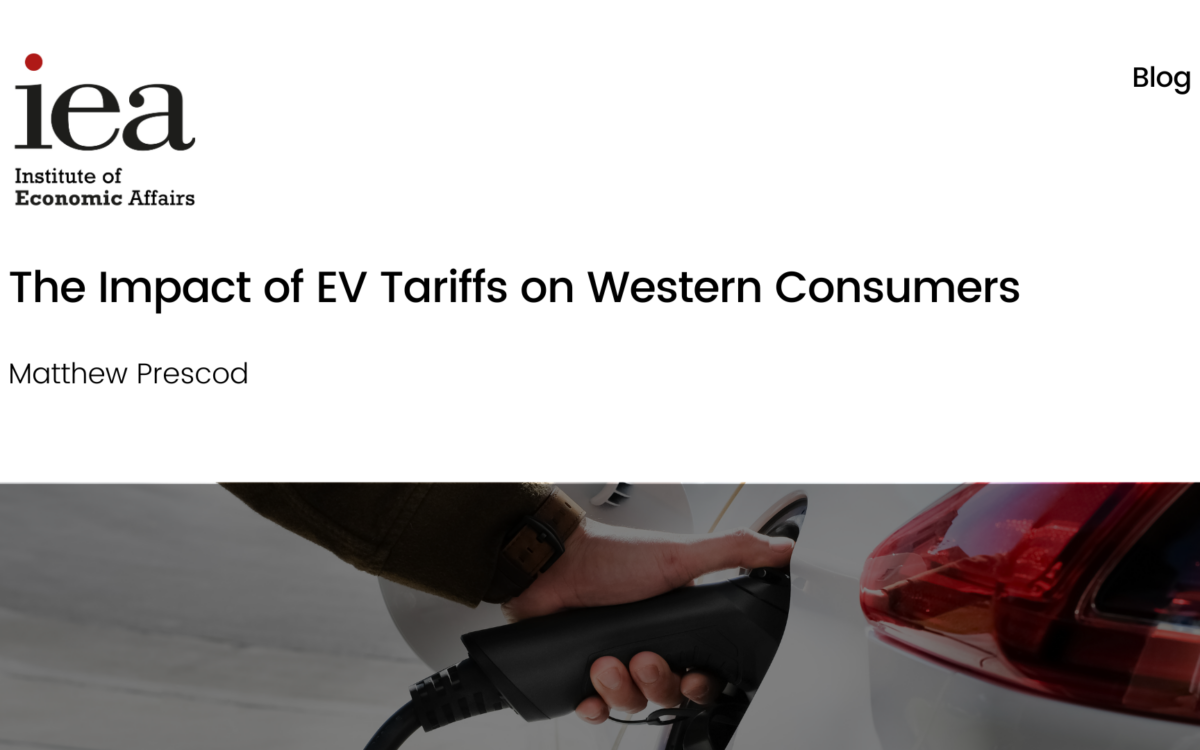Eight Lessons After Trump’s Victory

Eight Lessons After Trump's Victory
Johan Ingerö // 4 December 2024
Donald Trump won, and unlike in 2016, his victory was decisive, both in the electoral college and in the popular vote. Additionally, the Republicans have regained their Senate majority and may have retained control of the House. It’s Trump’s America now; Kamala Harris is just living in it. Now it’s up to the Democrats to re-evaluate, and for Europe to adapt to a new international reality.
It may be too soon for a comprehensive election analysis, but after spending the election season in Georgia and Florida, I feel confident in drawing a few conclusions.
- It’s the economy, stupid. Across the US, people are worried and frustrated about the rising cost of living. Inflation is a common concern everywhere. At a Republican rally in Miami I attended, I paid over six dollars for a Sprite. Running a campaign with a candidate who struggled to define inflation, let alone address it, was a risky move.
- Immigration and crime also played a role in the Democrats’ defeat. Shortly after taking office in 2021, Joe Biden reversed several of Trump’s stricter immigration policies, leading to border chaos. The Democrats then attempted to blame Republicans for not supporting further migration controls – an argument that failed to resonate with voters on both sides. Harris also tried to convince voters of her commitment to border security and policing, but few were persuaded. Rising crime in left-leaning cities like Chicago and San Francisco hasn’t gone unnoticed across the country.
- Harris focused on female swing voters in suburban areas, using the abortion issue as a rallying point, but this strategy fell short. Early figures suggest she performed significantly worse among women than Joe Biden did four years ago. Although a majority in the US doesn’t support strict abortion laws like those in some southern states, this year, economic concerns took precedence. Urban suburban women are well aware of the costs of groceries and fuel.
- The Democrats’ sharp leftward shift over the past decade has become a significant liability. In Miami-Dade, historically a Democratic stronghold, Trump won. Over recent days, I met several waitresses and taxi drivers who spoke enthusiastically about voting for Trump, often explaining, “I’m from Cuba and have already fled a socialist country.”
- Trump’s win was not a one-off. It’s likely that Republicans will continue with his policies even after he leaves politics, just as Ronald Reagan’s influence endured long after his presidency. When Trump defeated Hillary Clinton in 2016, Democrats could dismiss it as an anomaly of the electoral college. But now, having also lost the popular vote to a well-known third-time candidate with obvious quirks, no such excuse exists. They must reconsider their approach.
- Despite what the election numbers show, Trump remains an unpopular figure outside his base of dedicated supporters. If the Democrats had nominated a true centrist with economic expertise, a strong track record, and less focus on identity politics, they might have won. Such Democrats still exist; it’s up to the party’s voters to select one in the next primary.
- Journalism has increasingly become a campaign tool that people tune out. Among the major networks—ABC, CBS, and NBC—85% of Trump coverage has been negative, while 78% of Harris coverage has been positive. Pollsters also seem to have underperformed, both in national and state surveys. The Selzer poll, which recently showed Harris leading in Iowa, deserves particular attention for inaccuracy; she lost Iowa by around fourteen percentage points.
- For Europe’s political leaders, the challenge now is to build a relationship with Trump rather than compete in condemning him. Europe and the US rely on each other, and though Trump may have a short fuse, he rarely holds grudges and responds well to flattery. If Europe doesn’t secure good relations with him, other countries will, to our detriment. Meanwhile, Europe must continue building its own defence capabilities, becoming as independent as possible from both China and Russia. It should be obvious that we cannot jeopardise the transatlantic alliance while relying on Xi and Putin for our energy supply. Eight years ago, I wrote in a column for the Liberal News Agency that Trump’s White House tenure would force Europe to mature. That’s truer now than ever.
This blog was originally published by Timbro in Swedish.
EPICENTER publications and contributions from our member think tanks are designed to promote the discussion of economic issues and the role of markets in solving economic and social problems. As with all EPICENTER publications, the views expressed here are those of the author and not EPICENTER or its member think tanks (which have no corporate view).



